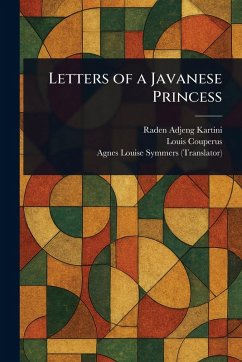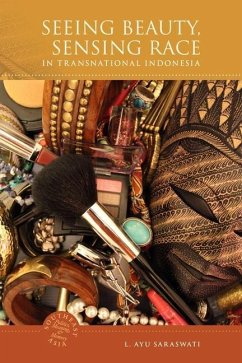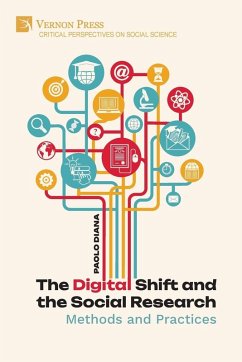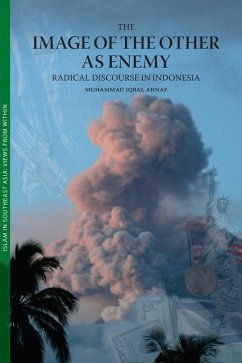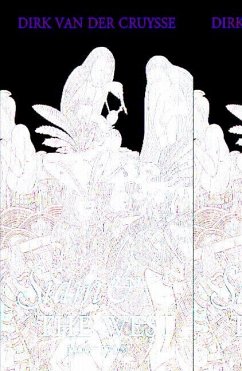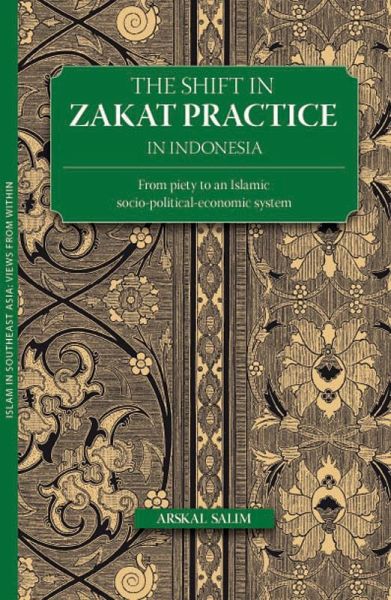
The Shift in Zakat Practice in Indonesia
From Piety to an Islamic Socio-Political-Economic System
Versandkostenfrei!
Versandfertig in über 4 Wochen
16,99 €
inkl. MwSt.

PAYBACK Punkte
8 °P sammeln!
Zakat, one of Islam's Five Pillars, is the practice of giving a fixed proportion of one's financial assets to those in need, thereby purifying both one's soul and one's remaining wealth. In Indonesia, since the coming of Islam, zakat has been a means of worship, and its collection has been voluntary and decentralized. Arskal Salim's study argues that in the post-New Order regime (1966-1998) zakat practice changed structurally and institutionally through the enactment of a law on zakat management, followed by the establishment of a national zakat agency. A cultural shift is now in progress with...
Zakat, one of Islam's Five Pillars, is the practice of giving a fixed proportion of one's financial assets to those in need, thereby purifying both one's soul and one's remaining wealth. In Indonesia, since the coming of Islam, zakat has been a means of worship, and its collection has been voluntary and decentralized. Arskal Salim's study argues that in the post-New Order regime (1966-1998) zakat practice changed structurally and institutionally through the enactment of a law on zakat management, followed by the establishment of a national zakat agency. A cultural shift is now in progress with two possible outcomes: either zakat collection will become compulsory and centralized or it will become such an intricate part of taxation law that it loses its spiritual relevance.




